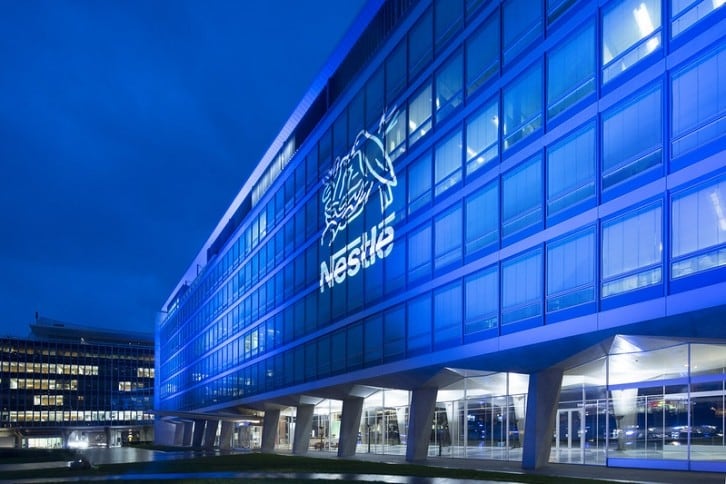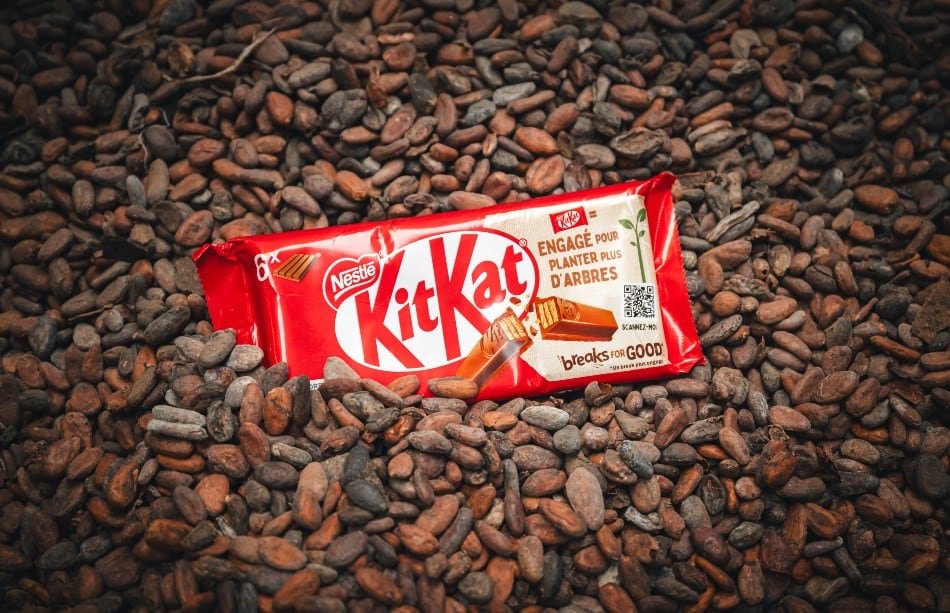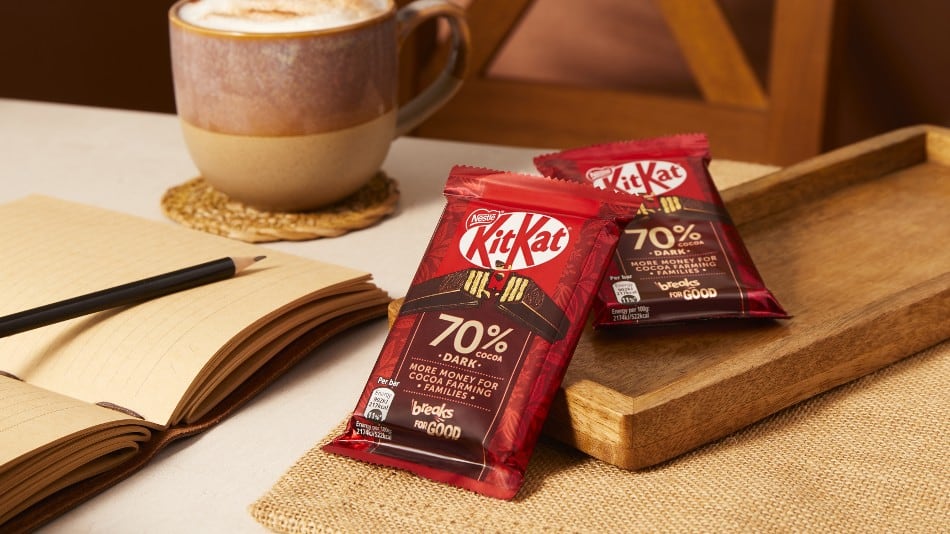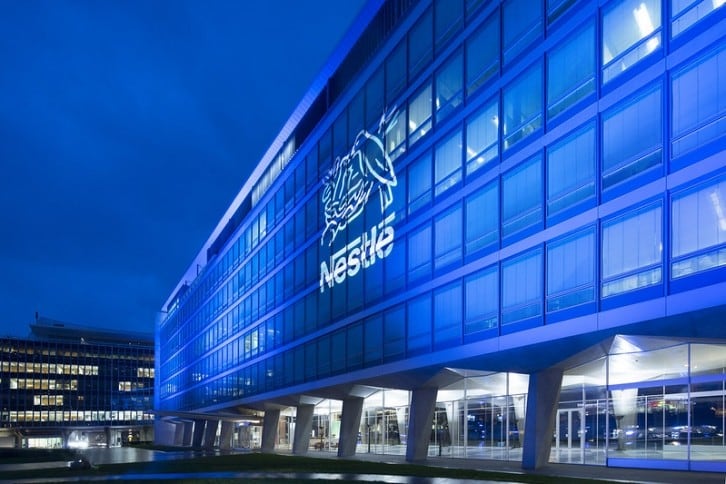In a call to analysts and media, Nestlé chief executive Mark Schneider said: “Unprecedented inflation over the last two years has increased pressure on many consumers and impacted demand for food and beverage products.”
Full-year sales fell by 1.5% to roughly 93 billion Swiss Francs ($106bn), missing analysts’ estimates of 93.68 billion Swiss francs. Real internal growth - or sales volumes - for the period fell 0.3% versus expectations of a 0.1% decline.
Prices rose by 7.5%, compared with 9.5 % price rises in the first half of the year, and Nestlé reported its net profit rose approximately 20% to 11.2 billion Swiss francs ($12.76bn).
Slower price hikes?
Nestlé, along with other major companies, has indicated that 2024 prices will rise at a much slower rate.
"Pricing will be a lot lower this year than last year," Schneider said on a media call after the results were announced. "Growth going forward this year is going to be a lot more volume and mix-based."
KitKat’s global performance
In Europe, confectionery recorded high single-digit growth, fuelled by continued double-digit growth and market share gains for KitKat. Dairy also reported mid-single-digit growth, led by fortified milks, coffee creamers and home baking products.
Zone Latin America recorded strong growth across all geographies and product categories. Growth was supported by pricing, strong operational execution and continued momentum for out-of-home channels. Brazil posted strong double-digit growth, with continued momentum for confectionery. By product category, confectionery was the largest growth contributor, reflecting strong demand for KitKat and key local brands. In this category, Chocobiscuits saw particularly strong growth.
North America’s Organic growth was 7.3%, with pricing of 7.6%. RIG was -0.3%, reflecting soft consumer demand, capacity constraints, and the winding down of the frozen meals and pizza business in Canada. Confectionery in Canada recorded high single-digit growth, driven by the KitKat and Aero brands.
Sustainability
Nestlé also reported it has achieved a net reduction of 13.5% of its greenhouse gas (GHG) emissions versus its 2018 baseline while continuing on its growth path over the same period. Advancing towards Net Zero, the company moved past peak carbon in 2019 and has successfully decoupled its growth from emissions, it claimed.
2024 outlook
The Swiss food giant said it expects organic sales growth of approximately 4% and a moderate increase in the underlying trading operating profit margin. Underlying earnings per share in constant currency is expected to increase between 6% and 10%.
2025 mid-term targets fully confirmed: Mid-single-digit organic sales growth and an underlying trading operating profit margin range of 17.5% to 18.5% by 2025. Underlying earnings per share in constant currency to increase between 6% and 10%.
Commentary
"Nestlé finishes the year on a disappointing note," Bernstein analyst Bruno Monteyne told Reuters. "Guidance for 2024 organic growth of 4.0% is below current consensus of 4.9% and guidance for a moderate margin increase may put pressure on the current (margin) consensus of 17.7%."




